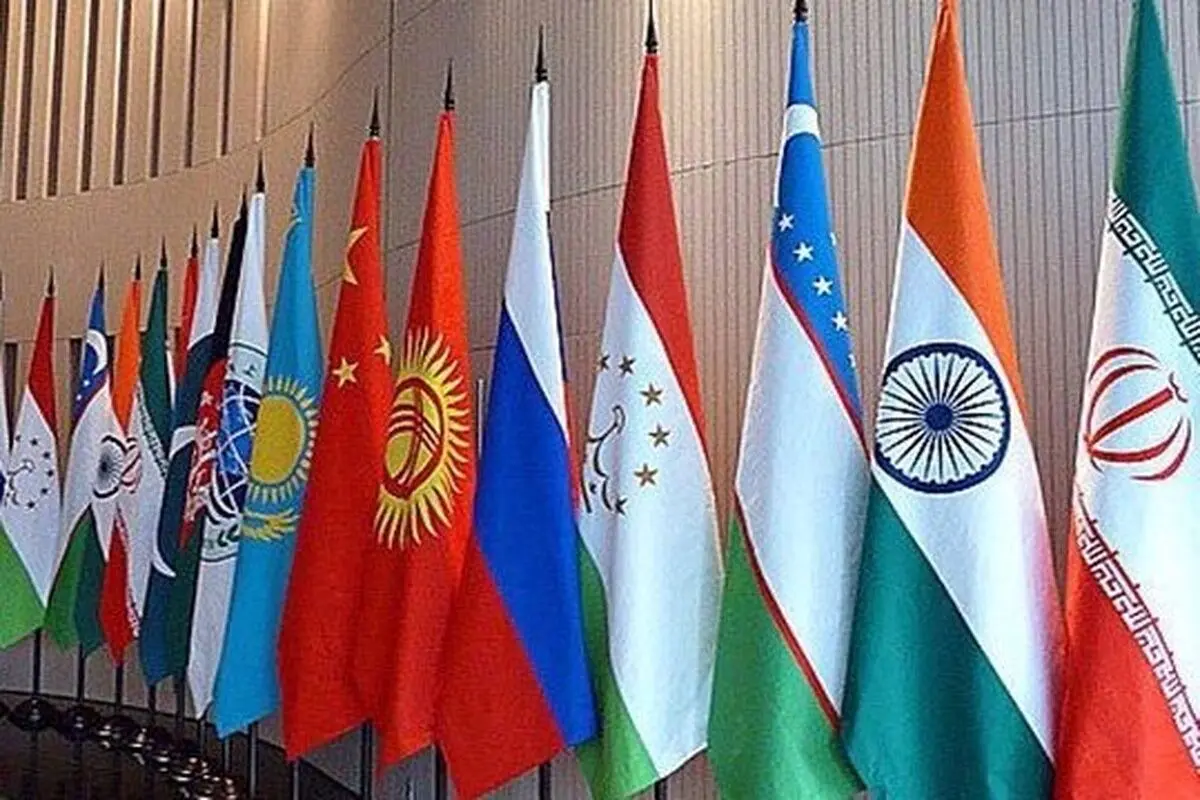SAEDNEWS: Iran and European countries continue diplomatic talks in Geneva, while the UK, France, and Germany reportedly plan to trigger the UN snapback mechanism to reinstate previous sanctions against Iran. Tehran stresses its commitment to a constructive diplomatic solution.

According to Saed News, Reuters cited four Western diplomats claiming that the UK, France, and Germany may begin the process of activating the snapback mechanism (reactivation of UN sanctions) from Thursday.
This report comes as Iran held talks with the three European countries and the EU representative in Geneva yesterday, with the spokesperson of Iran’s Ministry of Foreign Affairs stating that diplomatic discussions with Europe are ongoing.
Reuters also reported that the European countries hope Tehran will provide commitments regarding its nuclear program within 30 days to convince them to delay any practical action.
Yesterday, Kazem Gharibabadi, Legal Deputy of the Foreign Ministry, who was in Geneva with the Political Deputy, released a diplomatic statement emphasizing the importance of keeping the diplomatic window open.
He stated that both sides had expressed their views on Resolution 2231, affirming Tehran’s commitment to a mutually beneficial diplomatic solution and urging the European countries and the UN Security Council to make the right choice and allow diplomacy the time and space it requires.
The “snapback” mechanism, foreseen under Resolution 2231 (2015) and the JCPOA, allows automatic reinstatement of UN Security Council sanctions if a party is deemed non-compliant. In recent weeks, this mechanism has become a renewed point of contention.
The three European countries (Germany, France, and the UK) have indicated their intention to activate the snapback to restore previous UN sanctions against Iran. However, detailed legal, political, and ethical assessments suggest that such an attempt lacks legal validity and is inconsistent with the principles enshrined in the JCPOA and Resolution 2231.
The report argues, based on documents, statistics, and official statements, that the European countries’ failure to fulfill their commitments, disregard for legal procedures outlined in the JCPOA, lack of good faith, and engagement in illegal actions against Iran disqualify them from the legal standing required to use this mechanism.

